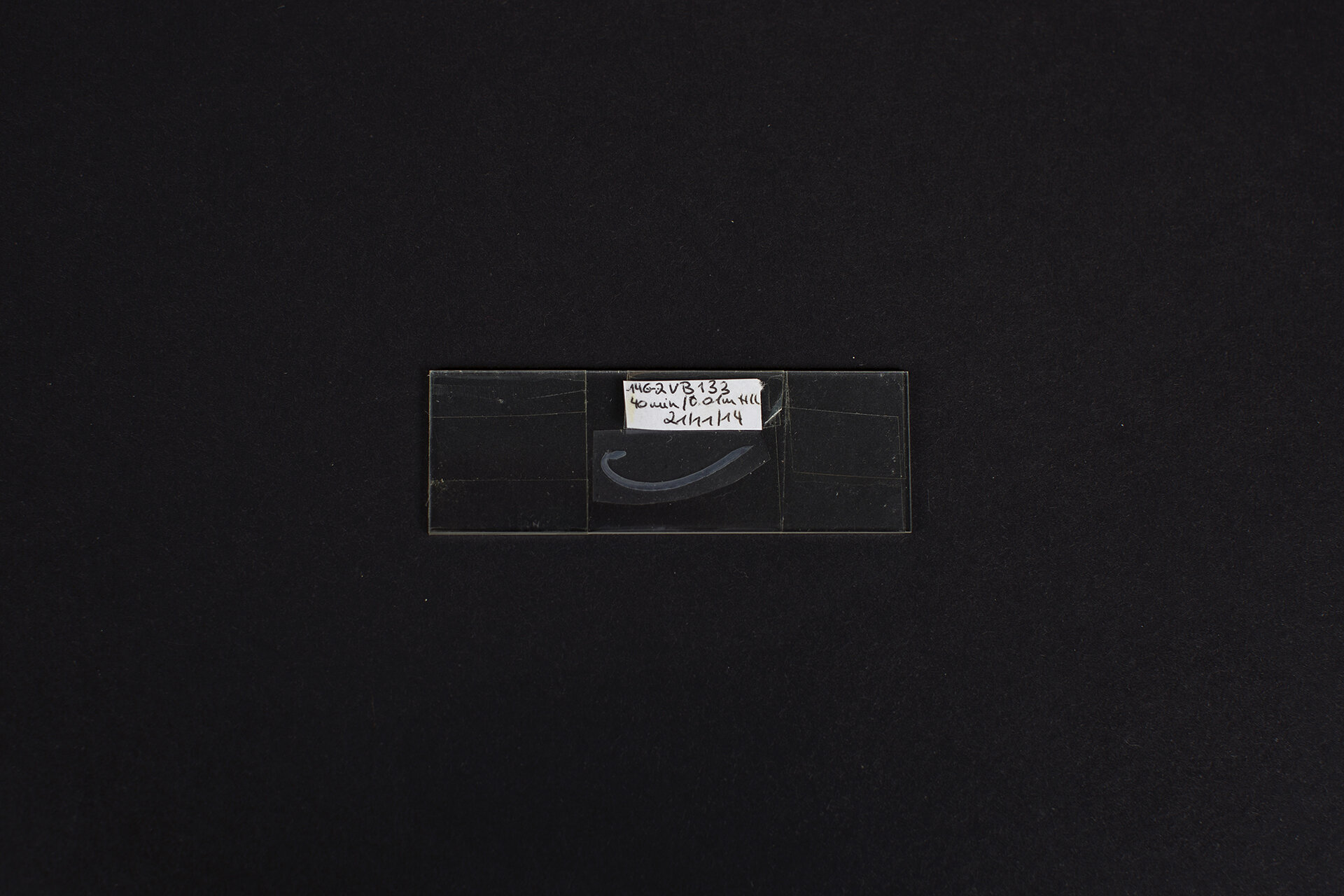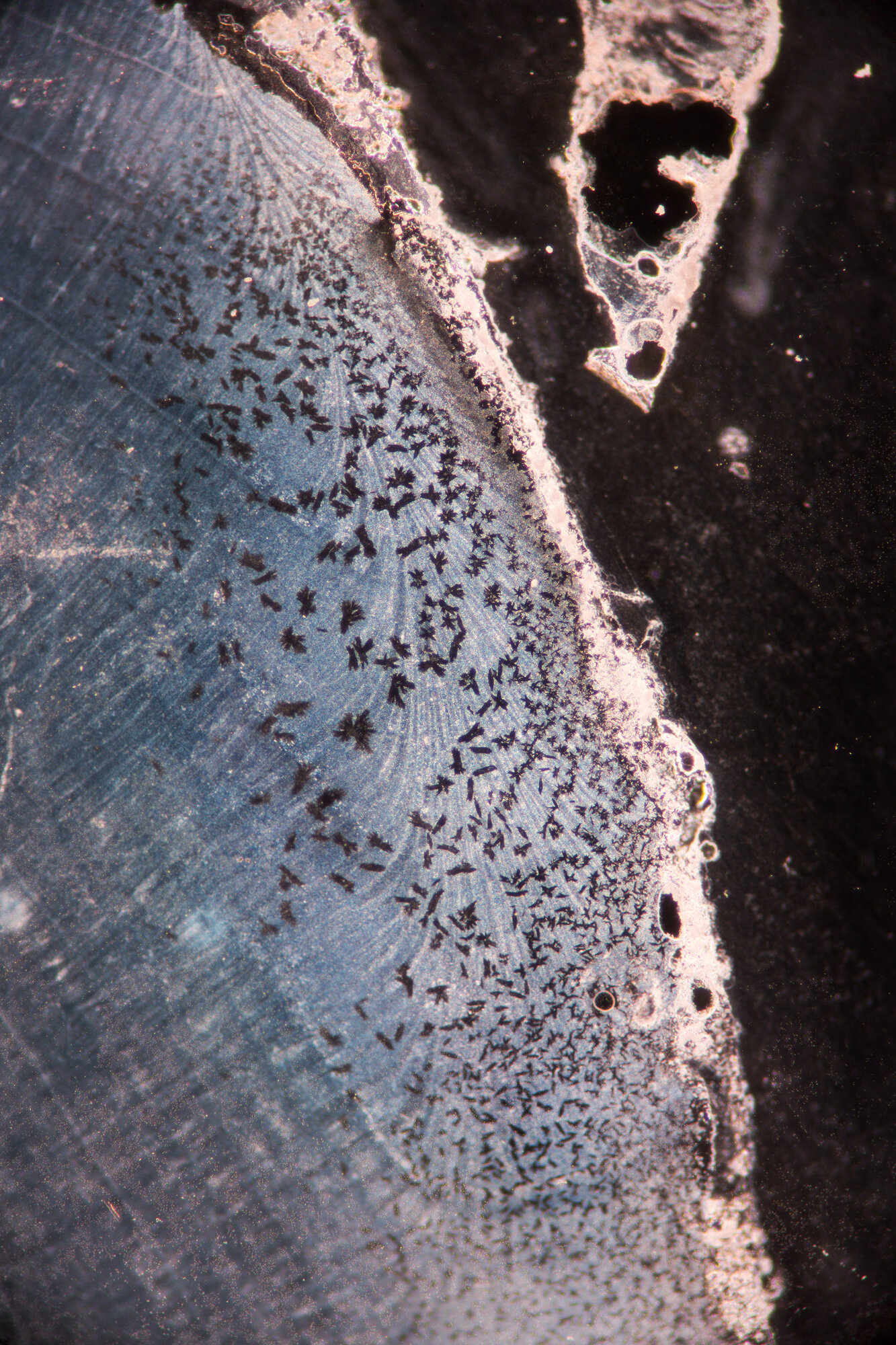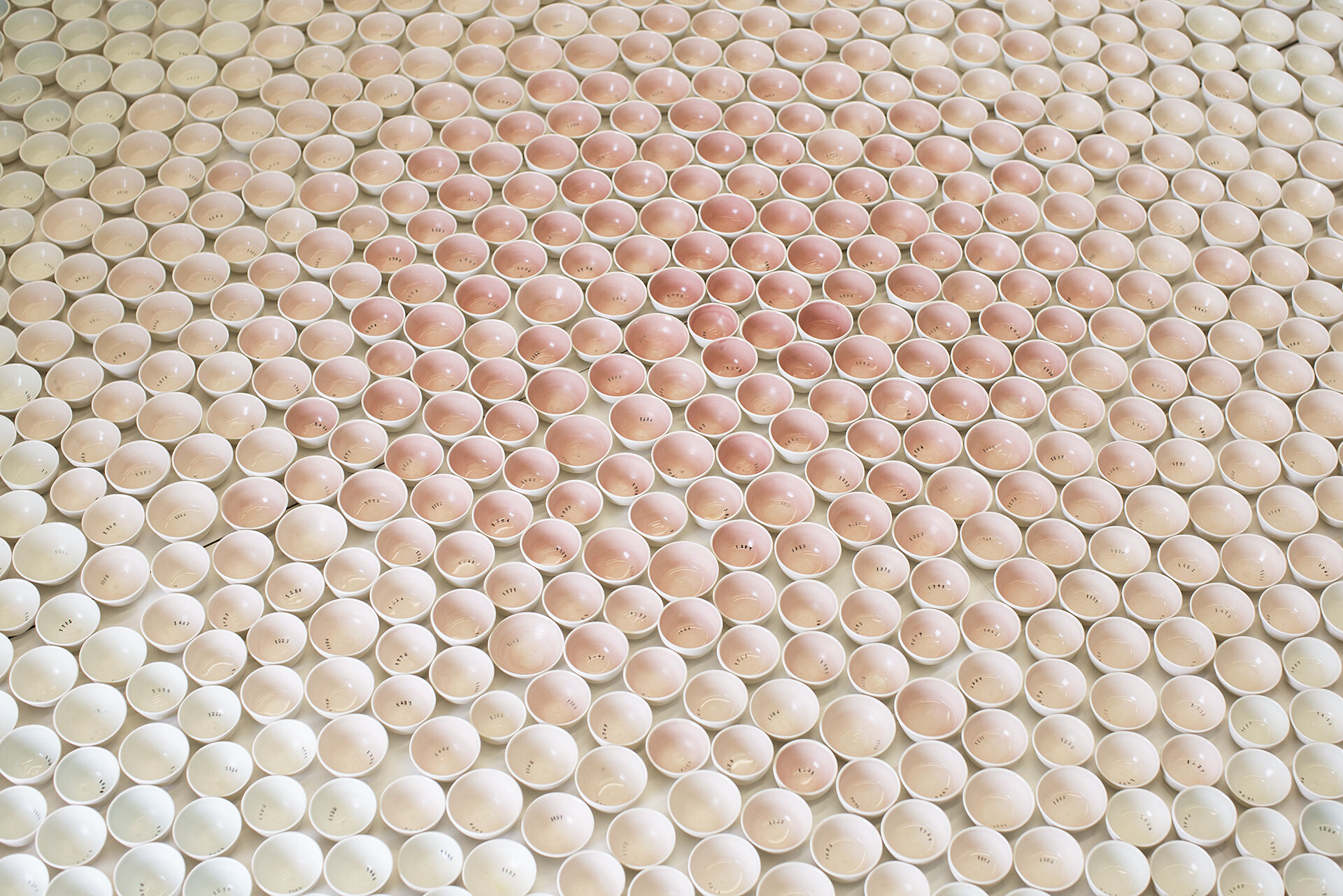
Sclerochronology: the use of long-lived annually-banded bivalve molluscs for detailed study of past environments
Marine biogenic carbonates are natural archives of palaeoenvironmental information, and can provide high-resolution proxy records of past and present ocean climate variability. We use growth increment data (sclerochronology) and geochemical information (sclerochemistry) from molluscs and other biogenic carbonates to study modern and ancient ocean environments (More…)
Reconstructing the environmental and climate histories of the oceans

RESEARCH TEAM
Meet the team at the forefront of Sclerochronology research, newly based at Exeter University’s Tremough Campus in Penryn, Cornwall. Lead by Prof. James Scourse who has over 25 years expertise in Ocean Research, the team are unlocking the potential behind this relatively new science. Applied in this way Sclerochronology can help us to reconstruct the environmental and climate histories of the oceans.
Keep up to date with our most recent
research, projects and events

ARAMACC
ANNUALLY RESOLVED ARCHIVES OF MARINE CLIMATE CHANGE
ARAMACC (“Annually Resolved Archives of Marine Climate Change”) is an EU-funded international collaboration whose scientific goal is to use the shells of very long-lived molluscs as a record of environmental change in the northeast Atlantic ocean over the past thousand years.
The ARAMACC team is made up of scientists from Croatia, France, Germany, the Netherlands, Norway, Portugal and the UK.
a 1000 piece ceramic installation showing climate change of the last millennium.
- By Jake Boex









